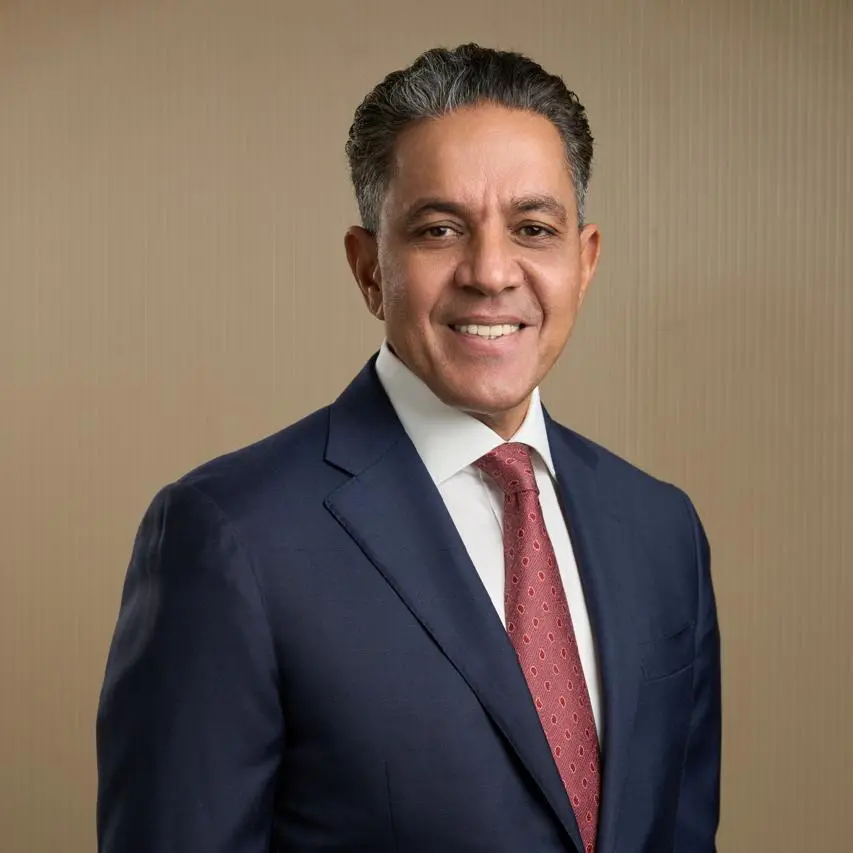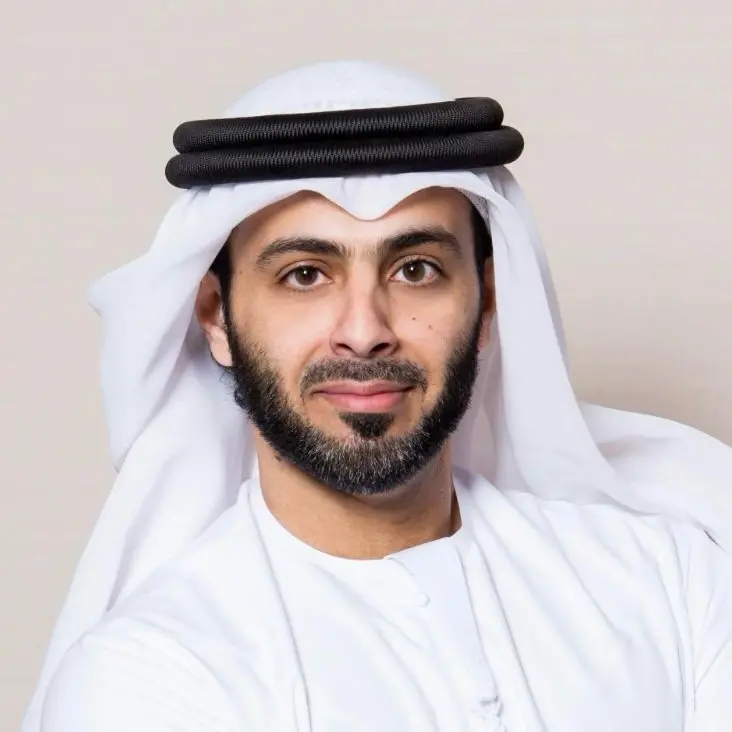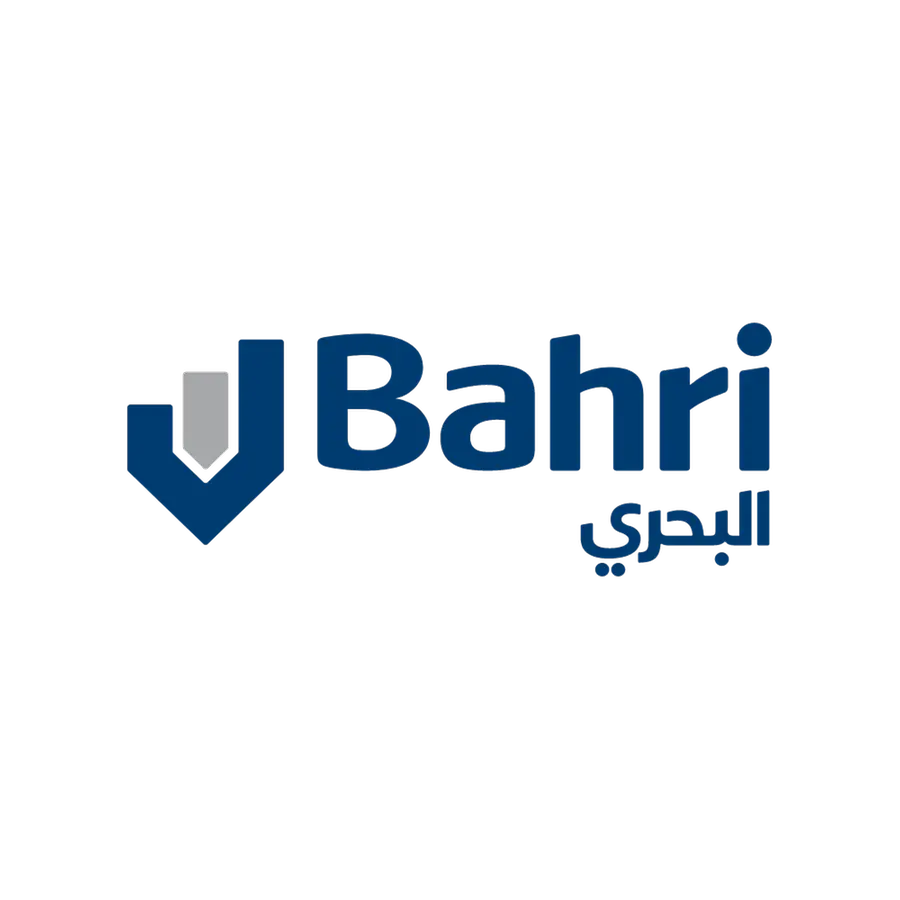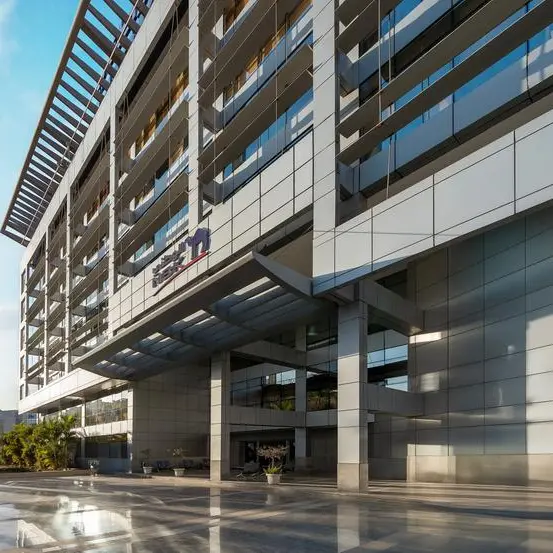- The Heritage Commission concluded the Virtual Forum on Archaeological Discoveries in Saudi Arabia, held from 2-3 November 2021.
- Forum explored recent discoveries made in prehistoric archaeology, ancient oases, underwater cultural heritage, and civilizational transformation in the Kingdom.
- Partners including Germany’s Max Planck Institute, the University of Pittsburgh and the University of Naples presented findings from sites across the Kingdom.
- Early settlement, Qurayyah, found to be more than 1,000 years older than previously thought.
RIYADH – New findings from Saudi Arabia’s thriving archaeological sector have been presented at a major forum organized by the Heritage Commission – one of the Ministry of Culture’s 11 sector-specific commissions.
The Commission, in collaboration with local and international research missions, revealed the results of archaeological research and excavation projects in several regions of the Kingdom. With many of the sites previously unexplored, the findings have invigorated the sector’s drive to uncover new information about the history of the region which has been home to human life for many thousands of years.
Over the course of two days, 24 researchers from local and international universities presented their findings on antiquities discovered in Saudi regions from the prehistoric period until the end of the 14th century. Research on several intriguing archaeological sites in the Kingdom were discussed, including the Camel Site in Al-Jawf Province in northern Saudi, Tayma Oasis in the Nefud Desert, Dedan in AlUla, and Farasan Islands. The studies delved into history of the rock paintings, trade and pilgrimage routes, ancient and Islamic writings, and underwater cultural heritage along the Red Sea coast.
A Saudi-Austrian mission shared the results of their investigations on the archaeological site of Qurayyah, northwestern Saudi Arabia, which started in 2014. The joint research found that the settlement was more than 1,000 years older than previously thought, dating instead to the early Bronze Age. The researchers also discovered two burial chambers and rock art inscriptions which revealed six different types of ancient scripts and languages, including Ancient South Arabian, Aramaic, late Dadanitic, Thamudic, Nabatean and Ancient Arabic.
Archaeologist and PhD candidate at the University of Paris Pantheon Sorbonne, Solène Marion de Procé, discussed the results of excavations in different sites on Farasan Islands, which were completed as part of the Saudi-French Archaeological Project in Farasan Archipelago. Findings of South Arabian pottery, inscriptions, and coins confirmed the local nature of the sites’ populations. She revealed that the excavation team identified three main areas: a sanctuary, a domestic area with monumental features, and a possible workshop area comprising 10 small built units that date back to the 15th century CE to the 6th century CE.
A session titled “Roman Ruins in AlUla” explained how excavations in 2019 revealed what is believed to be a Roman fort in AlUla. Dr. Laila Nehme from the French National Center for Scientific Research discussed the techniques used in the scientific project, including studying soil samples using portable XRF and VNIR sensors. Contents in the soil samples of the Roman fort verified that activities in the immediate vicinity of the fort were present.
A sign of the growth and dynamism of the Saudi heritage sector, the commission collaborated with various local and international partners, including the Max Planck Institute, University of Pittsburgh, King Abdulaziz City for Science and Technology, King Saud University, University of Hail, Jazan University, King Abdulaziz University, University of Naples, amongst others to showcase the discoveries made in the Kingdom.
Commenting on the success of the forum, Jasir Al-Harbish, the Commission’s CEO said: “It has been an honor to host representatives of some of the world’s best-known archaeological institutes at the Virtual Forum on Archaeological Discoveries. The findings presented at the forum shed light on a number of pivotal moments throughout the Kingdom’s, and indeed the region’s, history.
“The discoveries made to date afford us a greater understanding of Saudi Arabia’s rich heritage, and through international partnerships such as these, we look forward to continuing to uncover the Kingdom’s archaeological treasures and revealing further clues about our collective history.”
In September 2021, the Heritage Commission announced its national sector development strategy aimed at showcasing the Kingdom’s rich cultural heritage and highlighting efforts by the Kingdom to preserve it in line with Vision 2030 and the broader National Strategy for Culture. Under the new strategy, the commission will work to implement 150 projects alongside international experts and partners.
Saudi Arabia is home to six UNESCO World Heritage Sites: Al-Turaif district, Historic Jeddah, Hegra, the rock art of Hail, the rock art of the Hima Cultural Area, and Al-Ahsa Oasis. In addition to these, eight Saudi cultural elements are included on the UNESCO List of Intangible Cultural Heritage, and there are more than 8,000 registered archaeological sites in the Kingdom.
-Ends-
For further enquiries, please email media@moc.gov.sa
About the Heritage Commission:
- The Heritage Commission, one of the Ministry of Culture’s 11 sector-specific Commissions, was launched in 2020 and oversees the Kingdom’s heritage sector, promoting, documenting and preserving Saudi Arabia’s tangible and intangible heritage.
- The Commission plans to open up a range of archaeological sites to visitors in line with its efforts to promote national heritage, both domestically and internationally. It will also support the preparation and publication of archaeological research.
About the Ministry of Culture:
- The Ministry of Culture is leading a cultural transformation to develop a rich ecosystem that nurtures creativity, unlocks the economic potential of the sector and unleashes new and inspiring forms of expression.
- As part of these efforts, the Ministry of Culture is seeking to bolster the presence of Saudi heritage and culture at events across the Kingdom and abroad, enabling participants to engage with the Kingdom's rich and diverse history and preserve Saudi heritage for generations to come.
© Press Release 2021
Disclaimer: The contents of this press release was provided from an external third party provider. This website is not responsible for, and does not control, such external content. This content is provided on an “as is” and “as available” basis and has not been edited in any way. Neither this website nor our affiliates guarantee the accuracy of or endorse the views or opinions expressed in this press release.
The press release is provided for informational purposes only. The content does not provide tax, legal or investment advice or opinion regarding the suitability, value or profitability of any particular security, portfolio or investment strategy. Neither this website nor our affiliates shall be liable for any errors or inaccuracies in the content, or for any actions taken by you in reliance thereon. You expressly agree that your use of the information within this article is at your sole risk.
To the fullest extent permitted by applicable law, this website, its parent company, its subsidiaries, its affiliates and the respective shareholders, directors, officers, employees, agents, advertisers, content providers and licensors will not be liable (jointly or severally) to you for any direct, indirect, consequential, special, incidental, punitive or exemplary damages, including without limitation, lost profits, lost savings and lost revenues, whether in negligence, tort, contract or any other theory of liability, even if the parties have been advised of the possibility or could have foreseen any such damages.



















